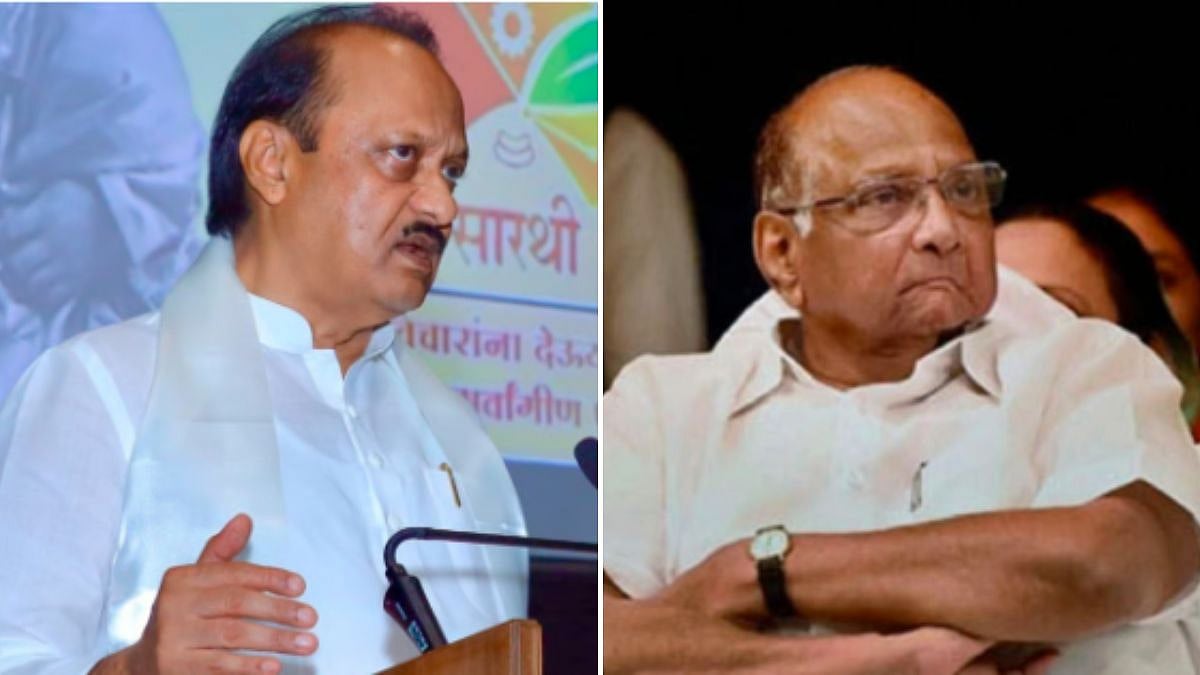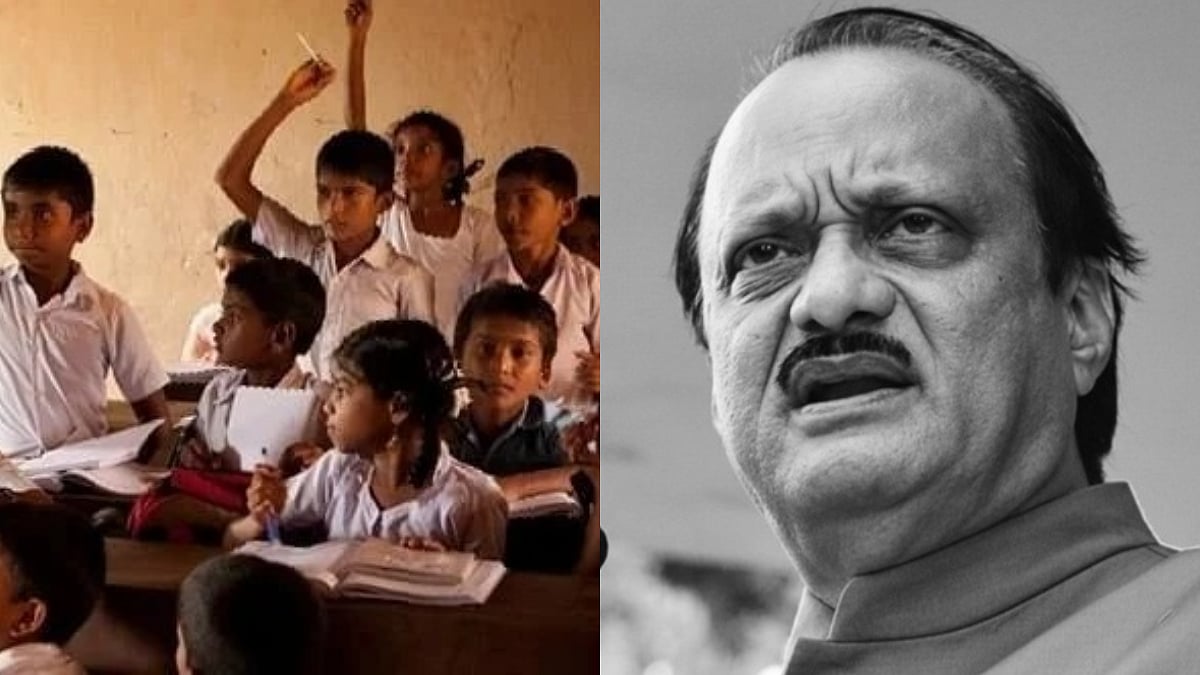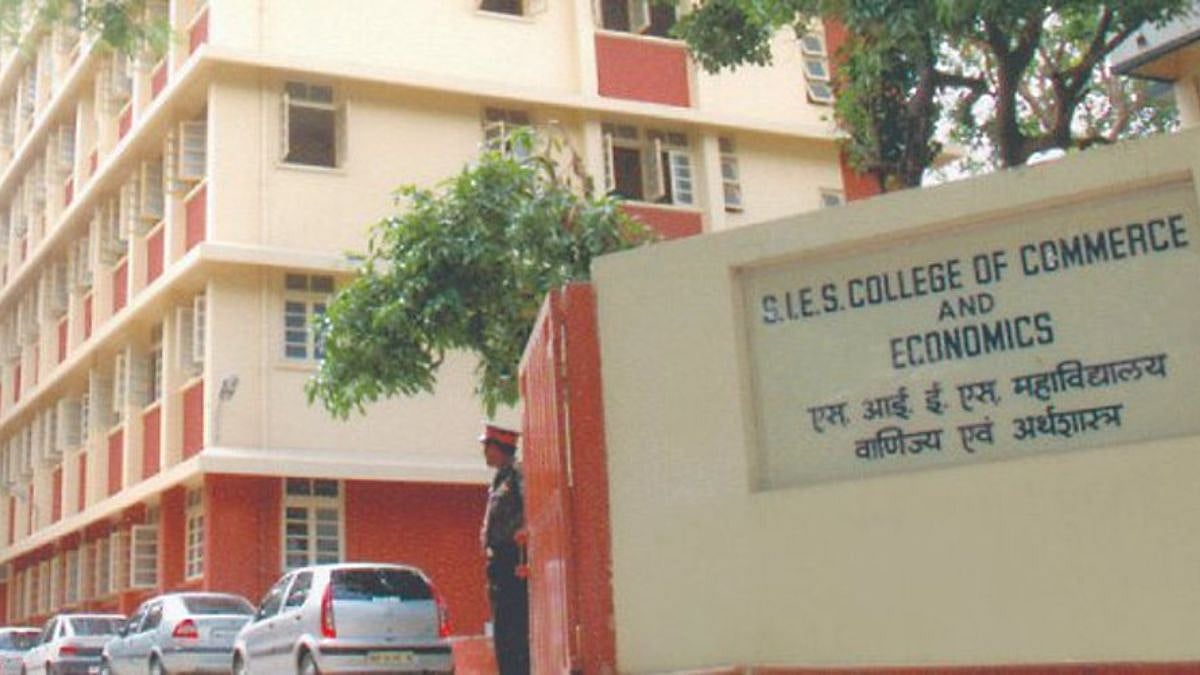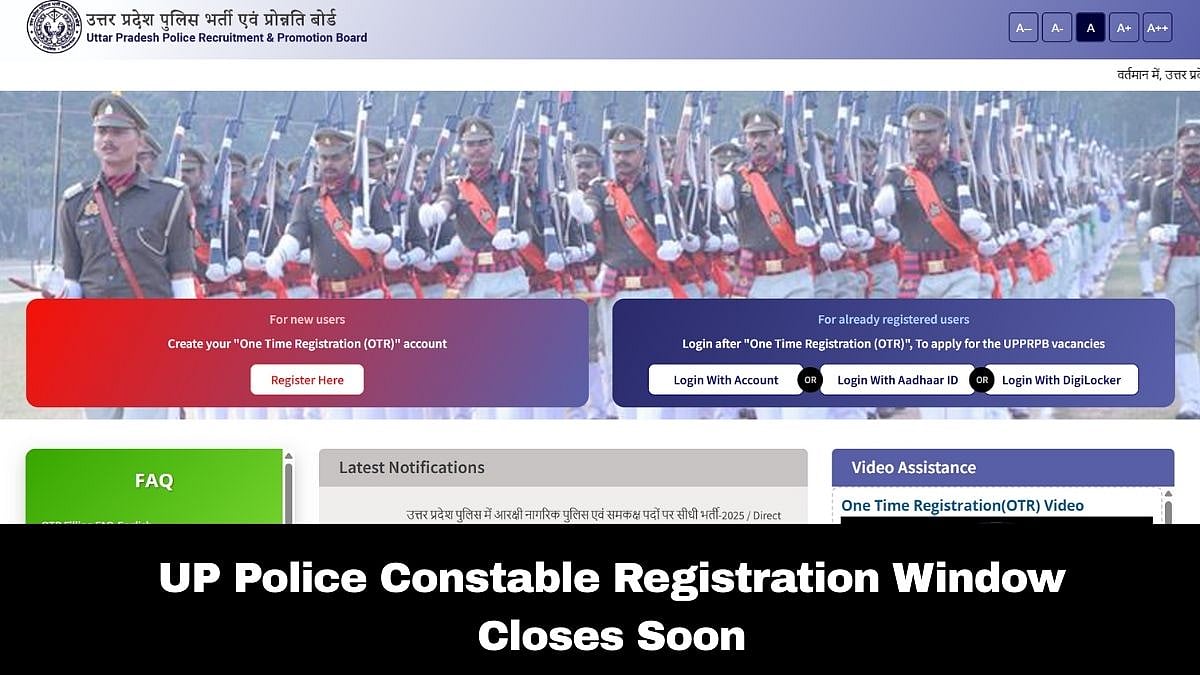(The Free Press Journal publishes articles by study abroad consultants, Consulates, foreign universities, international students, and much more every Saturday to give its readers a glimpse of the world of overseas education.)
Should I engage in a sport? Must I undertake some social service? These are some of the burning questions common to U.S. university applicants. Various theories are circulating about what role extracurricular activities play in admissions. Some of these are truths while some are myths.
This article will help you acquire a balanced understanding of the value of extracurricular activities in the U.S. university admissions process.
To start with, the U.S. admissions process is a holistic one. Marks and grades may not be the only measure of an applicant. Besides other application components such as essays and letters of recommendation, U.S. universities may additionally scrutinise a student’s extracurricular activities or resumé to throw further light on their knowledge, skills, and qualities.
Undergraduate Applications
Extracurricular activities can be significant to undergraduate applicants. U.S. universities often want to see students who have invested time in academics and outside the classroom. They want to see students who actively cultivate their interests and contribute to their communities.
There is no set list of activities that are required. Students can engage in anything that is of genuine interest, such as dance, music, sport, community service, leadership, entrepreneurship, Model UNs, student newspapers, student government, and so on. Activities can be those arranged by the school, or they could be undertaken outside, such as taking external classes or pursuing hobbies. The student needs to explore their interests, rather than conform to a given template of activities.
The rule of thumb is not to constrict your activity list to match specific universities. There are plenty of high-quality universities in the U.S. with a wide spectrum of interests. Therefore, students can select universities that complement the profile and interests that they have developed.
Rather than just a random list of assorted activities, it is usually advantageous to have evidence of consistency and growth in the pursuit of at least some interests. For instance, one could begin by learning a musical instrument, take different levels of exams, then move on to performing for an audience, and finally, progress to teaching other students.
However, there is no specific requirement for depth or breadth. Pranav Pradhan, Director of International Admissions at the University of San Francisco, says, “Regarding depth or breadth, both can be valuable depending on the applicant's circumstances. Depth refers to a significant commitment and achievement in a particular activity. This shows dedication, commitment, and the ability to excel in a chosen area. Breadth, on the other hand, showcases[es] their ability to explore diverse interests, adaptability, and time management skills.”
Pranav critically adds, “But the most important thing is don't do anything that you are not genuinely interested in. Don't pursue an activity to impress the admission committee. Do it because you want to, do it because you are passionate about it.”
Through these activities, students can learn and display qualities like curiosity, willingness to learn new skills, creativity, commitment to growth, initiative, team skills, leadership, and so on.
It should also be noted that not all universities attribute importance to extracurricular activities during admissions. Rebecca Hanson, Associate Director, International Outreach and Recruitment at the University of Iowa, says, “Lists of extracurricular activities are not used in our admission decisions as we base them on four years of grading, college preparatory core courses, and ACT or SAT if submitted. However, extracurricular activities, student leadership, and volunteer activities can be valuable when applying for honours programs and special scholarships.”
Postgraduate Applications
For postgraduate applicants, the activities of prime importance are those that demonstrate knowledge and skills pertinent to the program and career that lies ahead. For that reason, activities such as projects, internships, conferences, and publications often have more weight. These will develop the resumé more professionally, rather than other unrelated hobbies.
If the student has participated in or led student organizations at their college, these can count towards demonstrating soft skills such as project management, time management, team skills, and leadership. This can add a further layer to the student’s profile but will be of varying importance, depending on the university, department, and program.
Indeed, as with undergraduate applications, the weight of a student’s resume differs from university to university. Jennifer Cutter, of Graduate Admissions at Purdue University, says, “In general, extra-curricular activities are only a small piece in the consideration for acceptance into a graduate program and it varies by discipline. Activities can often illustrate leadership qualities, signify dedication to diversity, as well as shape an applicant’s research interests and/or career goals.”
Discussing programs Indians commonly apply to, Niky Chokshi, working with International Graduate Admissions at Arizona State University, says that STEM students need to prove their ability at “significant technical coursework” but “any additional leadership or professional activities will demonstrate a stronger candidacy.” For business programs, Chokshi says there could be “great emphasis on professional internships and work experience along with projects, volunteer work, competitions and any other endeavours that reflect the student to be versatile.”
Chokshi adds that, in general, she likes to see students who have “augmented their critical thinking, reasoning, cross-cultural communication, and leadership skills through these activities.”
Opportunity for Growth
Finally, for both undergraduate and postgraduate applicants, extracurricular activities do not just have value for a university application, but for the student’s journey. Do not just consider these activities as means to an end, or to check items off a checklist. Instead, genuinely participate to discover yourself, try out new skills and passions, or learn what roles in an industry you like. Meaningfully following these activities can help you grow personally and professionally, and a genuine journey of exploration and growth also makes for a more impactful U.S. university application.
For more information, please visit the EducationUSA website (https://educationusa.state.gov), and for individual questions about direct counselling with an EducationUSA adviser, please write to USEducationQueries@state.gov.
The author is a doctorate from Oxford University and an EducationUSA Adviser at USIEF Mumbai where she has worked for over six years.










